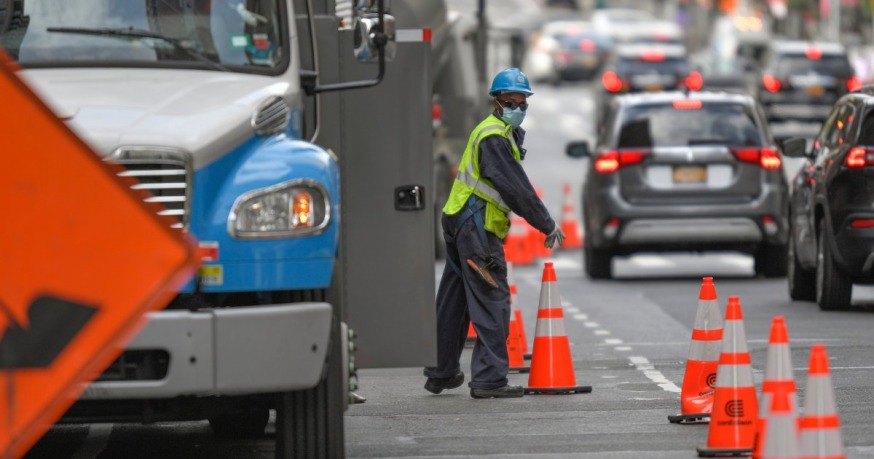
Con Edison workers doing line repairs (Photo: Con Edison)
Feb. 10, 2022 By Allie Griffin
State Sen. Michael Gianaris is calling on state regulators to investigate the spike in electricity bills that many Con Edison customers are now required to pay.
Gianaris penned a letter Tuesday to the New York State Public Service Commission Tuesday asking the utility regulator to probe the bill increases after his office was flooded with callers who said their January electric charges drastically increased from a month earlier.
Some Con Edison customers saw their charges triple month over month, according to Gianaris.
“These skyrocketing, unexpected costs are hurting New Yorkers’ pockets at an already difficult time. Con Edison needs to answer for this change and help make customers whole,” Gianaris said in a statement.
Con Edison — which delivers electricity to customers but doesn’t generate it — has blamed the price hikes on its electricity suppliers who set the rates. The company is required by law to provide electricity to its customers at cost and is not permitted to make a profit from it.
“[The] bills have been impacted by the cost of natural gas in the generation of electricity,” a spokesperson for the company said. “Con Edison does not generate electricity nor can we manage the financial practices of the private power generators or the suppliers of the natural gas.”
Con Edison, which operates and maintains the power grid, earns its money by charging delivery fees—not for the power supply itself. The delivery rates are regulated by the state and the company is required to notify its customers when the delivery charges change.
Con Edison customers saw their most recent bills skyrocket due to an increase in supply fees, which are determined by the companies that generate the power.
Gianaris asked the PSC to probe what caused the company’s suppliers to drastically raise their costs and why customers weren’t notified of the price hike before they were slammed with the bill.
He also asked the commission what can be done to reduce the costs for customers this billing cycle.
A spokesperson for the PSC, however, said that the commission doesn’t regulate supply prices.
The majority of New York’s electric supply is generated by natural gas — a commodity that fluctuates in price based on global supply and demand. PSC, therefore, cannot control the price.
“This winter the cost of natural gas has increased as the demand for the commodity has increased, exports have increased, and severe weather has hindered production in the Gulf area,” PSC spokesperson James Denn said.
Con Edison said it wants to generate electricity itself via renewable energy sources. It said that prices would be less likely to fluctuate.
“Con Edison is seeking the ability to generate renewable energy in New York State for our customers which would shift our dependence away from natural gas and this volatility,” the spokesperson said.
Gianaris, meanwhile, criticized Con Edison’s communication with customers and said it was all the more reason New York should replace it with a publicly owned utility.
“Con Edison’s poor explanations and concerning performance once again show the need for New Yorkers to have public power,” he said.
In the meantime, New Yorkers struggling to pay their January bills can get assistance from the state government.
The state has allocated more than $373 million in home heating aid for low- and middle-income New Yorkers who need assistance keeping their homes warm during the winter.
City residents can learn more about the program and apply for funds here.
